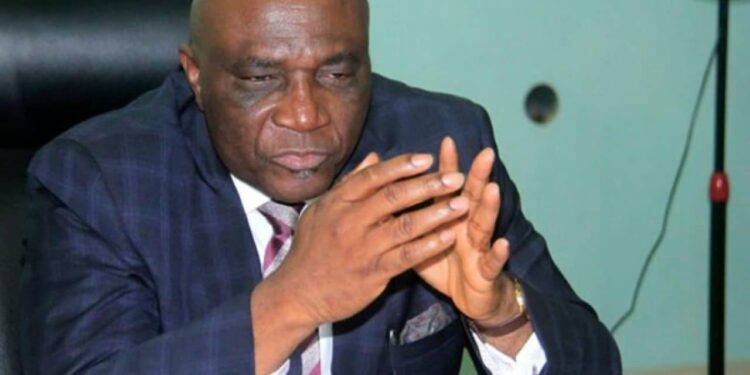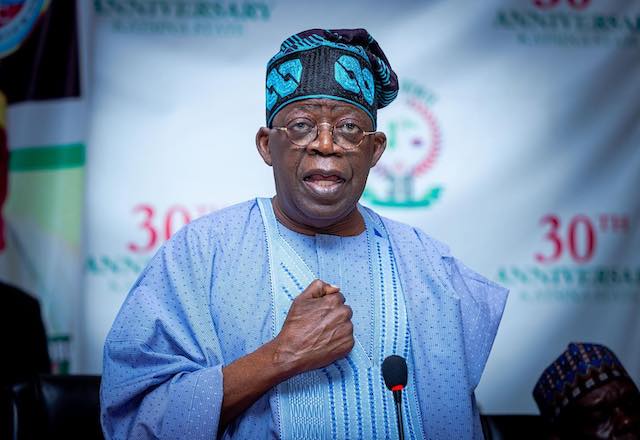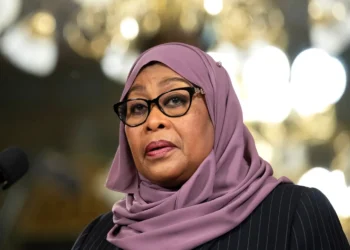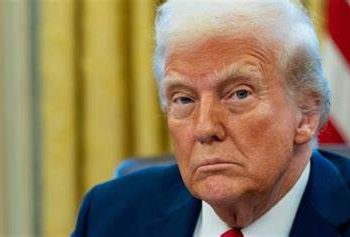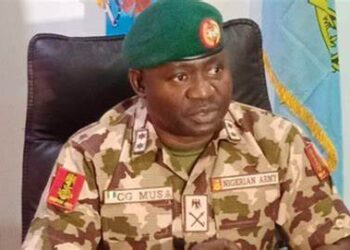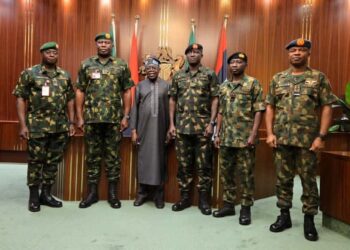Presidential aide Bayo Onanuga has rejected the United States’ designation of Nigeria as a “Country of Particular Concern” over alleged Christian persecution, insisting that the characterization does not reflect the reality on ground.
United States President Donald Trump had on Friday, October 31, formally designated Nigeria under the controversial category, citing what he described as mass killings of Christians by Islamic extremist groups across the country.
Following Trump’s announcement, US Secretary of State Marco Rubio took to social media platform X to express support for the presidential decision, reinforcing Washington’s position on the matter.
However, Onanuga, who serves as a spokesperson in President Bola Tinubu’s administration, quickly challenged the American narrative in a response to Rubio’s post on the same platform.
The presidential aide disputed the claim that Christians were being specifically targeted and massacred in Nigeria, arguing that the violence affecting the country cuts across religious lines.
“Muslim lives matter too. There is no ongoing slaughter of Christians in Nigeria,” Onanuga wrote in his rebuttal to the US Secretary of State.
He emphasized that Muslims in various states across Nigeria are equally victims of attacks by extremist groups, contradicting the American government’s framing of the security crisis as primarily religious persecution against Christians.
Onanuga’s response represents the Nigerian government’s pushback against international characterization of the country’s complex security challenges as religiously motivated genocide. Nigerian authorities have consistently maintained that the violence plaguing different regions stems from terrorism, banditry, and criminality rather than systematic religious persecution.
The exchange between a senior Nigerian government official and the US Secretary of State highlights the widening diplomatic rift between Abuja and Washington over how to describe and address Nigeria’s multifaceted security problems.
Trump’s designation of Nigeria as a Country of Particular Concern potentially opens the door for sanctions and other punitive measures against Africa’s most populous nation, making the disagreement over the nature of the violence more than just rhetorical.
The Nigerian government’s position is that reducing the country’s security crisis to a narrative of Christian persecution oversimplifies a complex situation involving multiple forms of violence, including farmer-herder clashes, banditry, kidnapping for ransom, and insurgency that affects citizens regardless of their religious affiliation.

